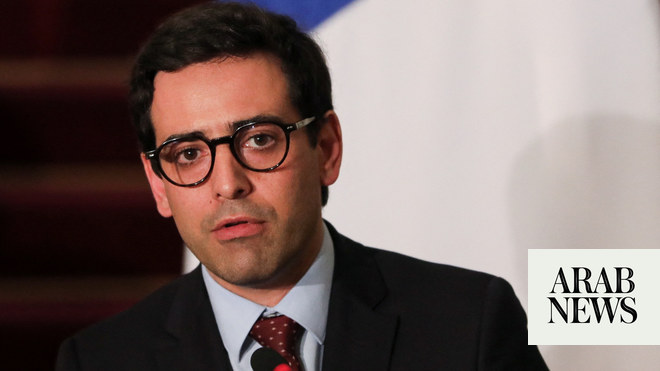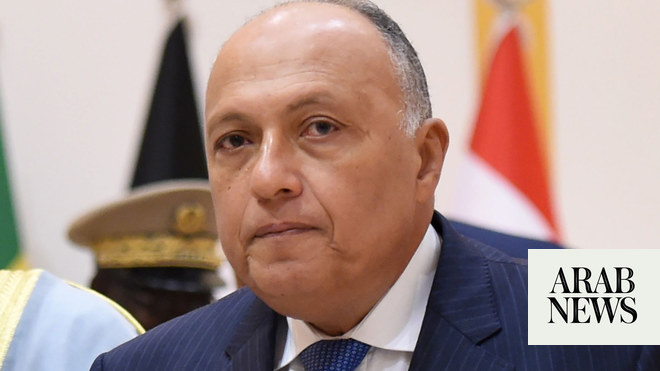
After Sudan’s President Omar al-Bashir dismissed Foreign Minister Ibrahim Ghandour last week, government officials are now occupied with finding an appropriate successor.
Four strong nominees are being considered to fill in as his replacement.
The decision to sack Gandour was taken a day after the minister declared before the parliament that his ministry was suffering from major financial difficulties.
Although the Central Bank of Sudan denied Ghandours claims and said it had covered 92 percent of the ministrys budget for 2017, previous reports show that the foreign ministry indeed suffered greatly from a lack in funding.
“The president’s selection of candidates from the pool of former ministers (such as Ali Karti and Mustafa Osman), who have strong Islamic backgrounds, raises the possibility of rapprochement with Islamic ideologies," said political analyst Jamil Al-Fadel.
He added, however, that Bashir is likely to go with a military figure, notably former chief of staff General Emadeddin Adawi, seen as one of the strongest candidates.
Political analysts and experts pointed out that replacing Ghandour sparked a nationwide race among political forces, who are seeking to take over the foreign ministry’s office.
Hiring Adawi will give Sudan’s regime a more “military appearance,” explained Fadel.
"Choosing him means Bashir has decided to move forward with the policy of rapprochement with the West and Gulf countries," he added.
"Adawi has strong relations with the West. He is the first Sudanese military figure to take part in meetings of the AFRICOM leadership in Stuttgart, Germany,” said Fadel.
On the other hand, Fateh Erwa, one of the four candidates, is also known for strong intelligence relations with the West.
Erwa stepped up his intelligence ties with the West during Operation Moses, the covert evacuation of Ethiopian Jews to Israel that took place under the rule of former President Gaafar Nimeiry.
Selecting him would bolster rapprochement with the West, militarizing the government and moving it away from the Islamic fold.
Moreover, Fadel ruled out a technocratic choice for the position of foreign minister, saying: “Ambassadors rarely ever reach their post by gradualism, and if one does so, they are seen as a dull and colorless hire.”











